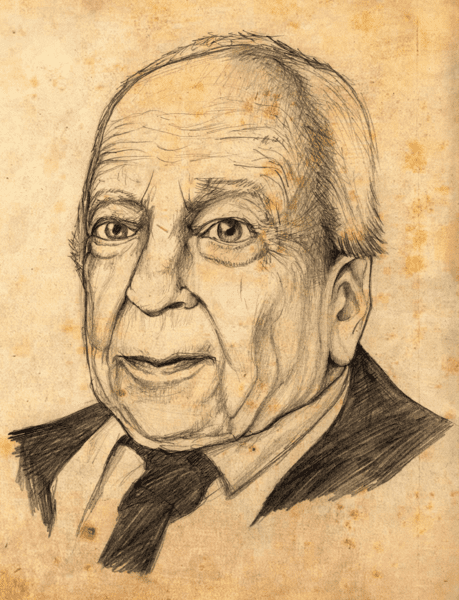
Wikimedia Commons
I’ve posted several items on this theme — most recently, yesterday.
The important German philosopher Hans-Georg Gadamer (1900-2002) is best known for his 1960 work Wahrheit und Methode (English: Truth and Method). He is considered one of the most important exponents of the modern European “continental” tradition in philosophy.
Here are some passages from the “Introduction” to that book:
Speaking about the “investigations” that Wahrheit und Methode will discuss, Gadamer says that
They are concerned to seek the experience of truth that transcends the domain of scientific method wherever that experience is to be found, and to inquire into its legitimacy. Hence the human sciences are connected to modes of experience that lie outside science: with the experiences of philosophy, of art, and of history itself. These are all modes of experience in which a truth is communicated that cannot be verified by the methodological means proper to science. (xxi)
After briefly mentioning the philosophers Plato, Aristotle, Leibniz, Kant, and Hegel, Gadamer remarks that
It is clear that in understanding the texts of these great thinkers, a truth is known that could not be attained in any other way, even if this contradicts the yardstick of research and progress by which science measures itself.
The same thing is true of the experience of art. Here the scholarly research pursued by the “science of art” is aware from the start that it can neither replace nor surpass the experience of art. The fact that through a work of art a truth is experienced that we cannot attain in any other way constitutes the philosophical importance of art, which asserts itself against all attempts to rationalize it away. Hence, together with the experience of philosophy, the experience of art is the most insistent admonition to scientific consciousness to acknowledge its own limits.
Hence, the following investigation starts with a critique of aesthetic consciousness in order to defend the experience of truth that comes to us through the work of art against the aesthetic theory that lets itself be restricted to a scientific conception of truth. (xxi-xxii)
Fundamentally, the experience of historical tradition reaches far beyond those aspects of it that can be objectively investigated. (xxii)
Wahrheit und Methode, Gadamer says, is concerned
to understand the universe of understanding better than seems possible under the modern scientific notion of cognition. (xxiii)
Quotations drawn from Hans-Georg Gadamer, Truth and Method, 2d ed., rev., translation by Joel Weinsheimer and Donald G. Marshall (London and New York: Continuum, 2004).












